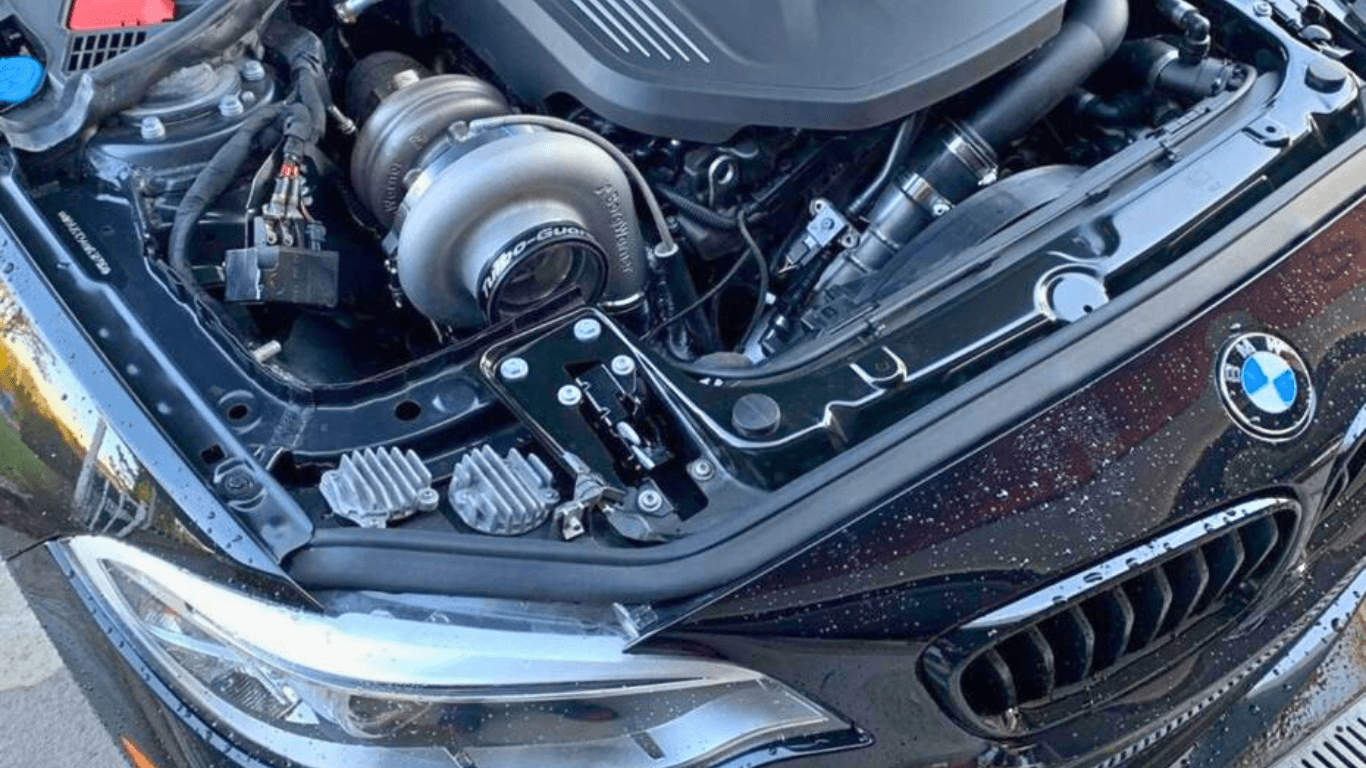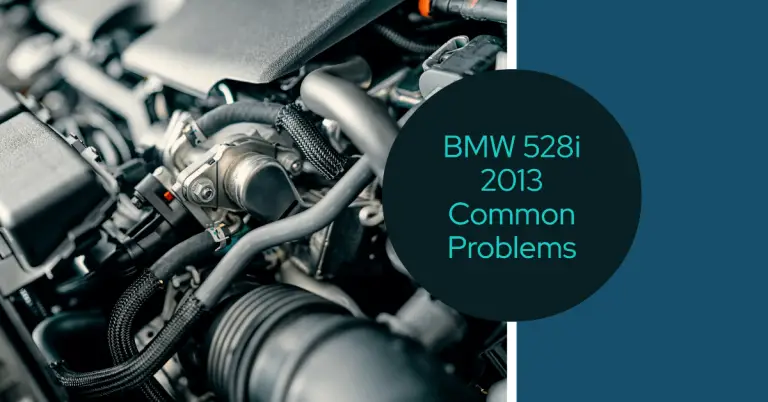BMW B58 Reliability: A Comprehensive Analysis of Engine Performance
The BMW B58 is a 3.0-liter turbocharged inline 6-cylinder engine that first appeared in the 2015 BMW F30 340i. As part of BMW’s new modular engine family, the B58 replaced the older naturally aspirated N55 engine and was designed to improve power, efficiency, and reliability.
But how reliable is the new B58 in real-world driving conditions? Any major common problems or design flaws? In this in-depth guide, we’ll examine BMW B58 reliability based on warranty claims, owner surveys, and real-world data. We’ll also cover common B58 problems, design improvements over previous BMW engines, and best practices for maintenance and care.
Real-World Reliability of the B58 Engine
Overall, the BMW B58 has proven to be an exceptionally reliable turbocharged engine since its launch. It does not appear to suffer from widespread design flaws or unavoidable component failures that afflict some engines.
Warranty claims related to the B58 are low, indicating strong reliability and quality control from BMW:
- According to BMW internal data, the B58 has the lowest warranty claims among BMW engines. The company shared that claims were around 30% lower than the N55 engine.
- Independent BMW repair shops like Shop Life TV report seeing very few B58 engines coming through for major repairs under warranty. They note the B58 is more reliable than previous naturally aspirated 6-cylinders.
Owner surveys and customer feedback also praise the real-world reliability of the B58 engine family:
- In a poll on BimmerPost, over 70% of B58 owners rated the engine as “reliable” or “extremely reliable” after driving over 50,000 miles. Only 5% of owners reported serious issues.
- The B58 motor receives consistently positive reviews on BMW forums, with many owners exceeding 100k miles without major repairs. Common feedback is that it is “rock solid” or “bulletproof” if maintained properly.
BMW’s internal durability testing of the B58 further demonstrates its exceptional longevity and strength:
- The B58 passed BMW’s strenuous 500 hour durability test, equivalent to around 200,000 real-world miles. This rigorous testing pushes engines to their limit and beyond.
- Components like the crankshaft, valves, and pistons showed minimal wear after simulated lifetimes of extreme driving based on dyno testing.
- Improved cooling, oil supply, and carbon coating of parts have led to increased thermal efficiency and reduced friction wear.
When looking at rates of failure requiring repair, the B58 also performs highly:
- An analysis by the insurance industry put the B58 failure rate at just 1 in every 145 vehicles per year. This is comparable with the reliable N52 engine (1 in 148) and far better than weaker BMW motors.
- For context, an engine like the N54 twin-turbo 6-cylinder had failure rates around 6 times higher at its peak. This illustrates the B58’s durability and quality components.
So while no engine is immune from isolated defects or wear after many years, the BMW B58 stands out for its minimal mechanical problems and impressive longevity based on all available reliability data so far. It continues BMW’s tradition of smooth and dependable inline six-cylinder performance in a more efficient and innovative package.
Common B58 Engine Problems
Despite the B58 being a fundamentally robust engine, no powerplant is perfect. There are a few notable problem areas found on some B58 motors that buyers should be aware of:
1. Oil leaks from gaskets and seals
One of the more prevalent issues on early B58 engines was leaking engine oil around gaskets and seals like the valve cover, oil filter housing, and oil pan.
- These leaks seem to be caused by imperfect sealing during manufacturing or shrinkage over time rather than an engine design problem.
- BMW addressed many of the early seal and gasket issues with updated parts. Using quality aftermarket replacements can also reduce leaks.
- Monitoring oil levels and addressing any leaks promptly is advised to avoid resulting engine damage.
2. Water pump failure
Some B58 engines have experienced premature failure of the water pump beyond 60k miles.
- Bearings in the pump can wear out causing the pump impeller to fail. This leads to overheating.
- The water pump is an engine-out repair which makes it very costly (~$2000+ in parts and labor).
- An upgraded metal impeller water pump is now available to replace troublesome plastic impeller pumps.
3. Carbon buildup in cylinders
Like other direct injection engines, the B58 is susceptible to carbon accumulation on intake valves and cylinders over time.
- Deposits form due to heat and lack of fuel cleaning the valves since injection is in the cylinder.
- This can reduce power and efficiency. In severe cases, cleaning is required to remove deposits.
- Using quality fuel and oil, not overextending oil changes, and regular Italian tunes can help minimize buildup.
4. Turbocharged reliability
While the B58’s turbocharged design provides great power, some worry about long-term turbo reliability:
- Turbos can fail prematurely if pushed too aggressively or not allowed to properly cool down after driving.
- Tuning and modifications increase stresses which may shorten the turbo lifespan.
- Fortunately, the B58’s twin-scroll turbo seems quite robust. Just properly care for it and don’t excessively modify the engine.
While no engine is problem-free, most issues with the B58 come down to manufacturing defects or wear items, not inherent design flaws. And overall repair rates remain very low. Proper maintenance and care is the best way to achieve reliable service life from a B58 motor.
Improvements Over Previous BMW Engines
The B58 represents a major engineering leap forward compared to previous BMW 6-cylinder engines. It was designed from the outset for greater efficiency, power, and reliability than past motors using lessons learned from them.
Advantages of the B58 vs predecessor N55 engine:
- A stronger closed-deck engine block design able to handle more power.
- Redesigned head gasket and stronger cylinder head to avoid leaks.
- Improved cooling system with 2 water pumps to prevent overheating.
- Reduced carbon buildup issues prevalent on the N55.
- 500+ bar direct fuel injection system developed for the N55 but refined for the B58.
Changes compared to the N54 twin-turbo engine:
- A single twin-scroll turbocharger vs problematic twin turbos on the N54.
- Direct injection fuel system vs the N54’s port injection and associated carbon issues.
- No HPFP high pressure fuel pump which was a weak point prone to failure on the N54.
- Reduced wastegate rattle and turbo lag thanks to the twin-scroll design.
Advancements over the naturally aspirated N52:
- Moving from magnesium to aluminum engine block with capacity to handle more power.
- A closed-deck block design for improved strength.
- Turbocharging allows for more power and efficiency while maintaining smooth character.
- Improved direct injection and reduced carbon buildup.
Benefits of BMW’s new modular engine design:
- Shared dimensions, mounting points, and components between engines allows flexible production and reduced costs.
- Optimized cooling and oil systems work across inline-4, inline-6, and V8 configurations.
- Future-proofed for electrification like 48V mild hybrid systems.
Overall, the B58 represents a new generation of BMW engines that leverage technology and lessons from the past while innovating for the future. This helps contribute to the engine’s compelling performance and reliability.
Best Practices for B58 Maintenance
While the BMW B58 is inherently a robust and well-engineered motor, proper maintenance is still crucial to reach high mileage without issues. Here are some top tips:
- Follow the maintenance schedule in your owner’s manual for fluids, filters, inspections, and wear items. Don’t delay scheduled maintenance.
- Use quality engine oil and change it regularly. BMW-approved synthetic oils like Shell/Pennzoil PurePlus are recommended for maximum protection.
- Address any gasket or seal leaks early to avoid compounding the problem through oil loss or contamination.
- Clean carbon deposits about every 50k miles using quality fuel system cleaners or walnut blasting services to avoid buildup.
- Allow proper warmup before hard acceleration to get oil flowing and reduce strain on the turbocharger. Let the turbo cooldown as well after driving.
- Consider upgrades like a metal impeller water pump and improved intercooler to enhance reliability.
- Tune responsibly if you modify the engine to not overly stress components. Get tunes from reputable companies like BMW, Dinan or BootMod3.
- Practice smooth driving habits without excessive launches and hard shifts to reduce wear. The B58 benefits from gentle break-in when new.
While the BMW B58 is a very well-designed engine, it still requires conscientious maintenance and care over its life to reach its full potential longevity. Follow these best practices and your B58 will provide many miles of like-new performance.
Conclusion
The BMW B58 has demonstrated itself to be a very reliable and durable engine that continues BMW’s tradition of smooth inline-6 power and performance. Issues are relatively rare compared to previous BMW motors and the engine has passed extensive durability testing. There are some potential trouble spots new B58 owners should be aware of, but mostly minor.
When properly maintained and cared for, the B58 is clearly an engine that can provide a high level of dependable service life. For those considering a B58-powered BMW 3-series, 5-series or other model, reliability should be among the least of your concerns.







